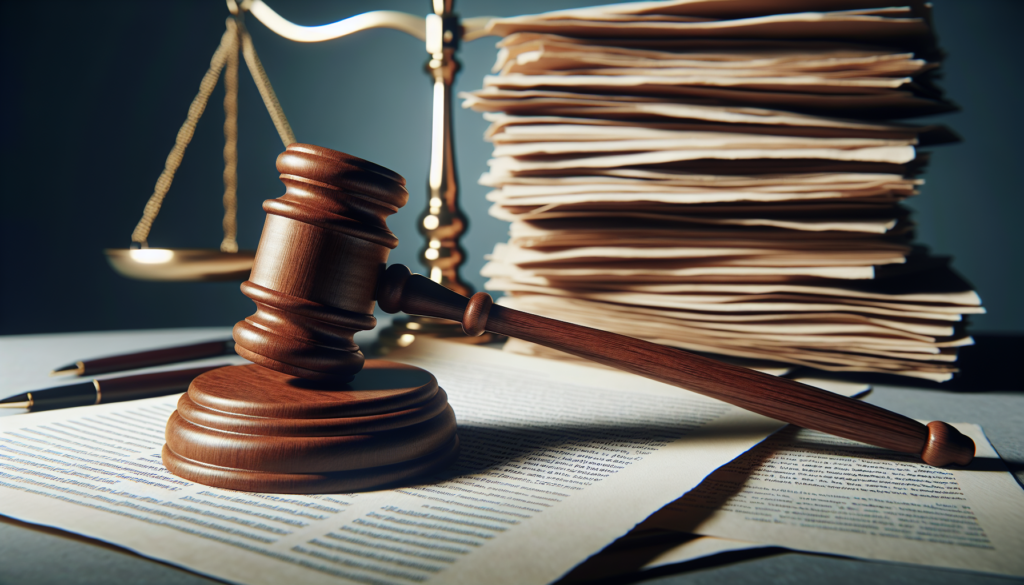
Stopping bill collectors from calling you involves understanding your rights under the Fair Debt Collection Practices Act (FDCPA) and taking specific legal steps to exercise those rights. The FDCPA provides consumers with protection against abusive, deceptive, and unfair debt collection practices. Here’s how you can legally stop bill collectors from calling you:
1. Request Communication in Writing
You have the right to request that a debt collector only contact you in writing. This request must be made in writing. Once the debt collector receives your written request, they are not allowed to contact you via phone calls, except to acknowledge your request or to inform you of specific actions they are taking, like filing a lawsuit.
2. Send a Cease Communication Letter
You can send a cease communication letter to the debt collector, asking them to stop all communications with you. Under the FDCPA, once the debt collector receives this letter, they must stop contacting you except to notify you of any actions they plan to take against you, such as filing a lawsuit. It’s crucial to send this letter via certified mail with a return receipt requested, so you have proof that the collector received it.
3. Dispute the Debt
If you believe the debt is not yours or the amount is incorrect, you can dispute the debt in writing within 30 days of the first contact from the debt collector. Once you dispute the debt, the collector must stop all collection activities until they provide you with verification of the debt.
4. Use Caller ID and Call Blocking
While this doesn’t stop the debt collector from attempting to call, using caller ID and call blocking features on your phone can help you avoid unwanted calls. Some phone services and apps allow you to block numbers from which you don’t wish to receive calls.
5. File a Complaint
If a debt collector violates the FDCPA (for example, by continuing to call you after receiving a cease communication letter), you can file a complaint with the Consumer Financial Protection Bureau (CFPB) or your state’s attorney general’s office. This can lead to an investigation into the debt collector’s practices.
6. Consider Bankruptcy
Filing for bankruptcy can stop debt collectors from contacting you through the automatic stay that goes into effect upon filing. The automatic stay prohibits most creditors from continuing collection activities. If your financial situation is severe, consulting with a bankruptcy attorney can help you understand if this is a viable option for you.
It’s important to note that stopping communication with debt collectors doesn’t eliminate any legitimate debt you owe. The debt collector can still take legal action against you, such as filing a lawsuit to collect the debt. Therefore, it’s wise to consider the broader implications of your financial situation and seek legal advice if necessary.
By understanding and utilizing your rights under the FDCPA, you can take legal steps to stop bill collectors from calling you and reduce the stress associated with debt collection calls.

Get a Free Bankruptcy Case Evaluation